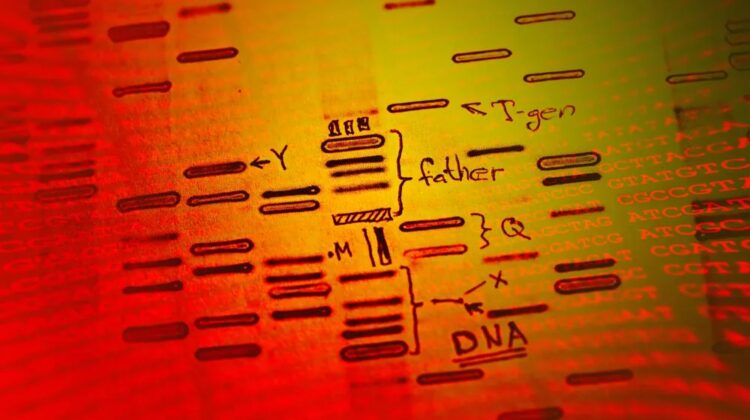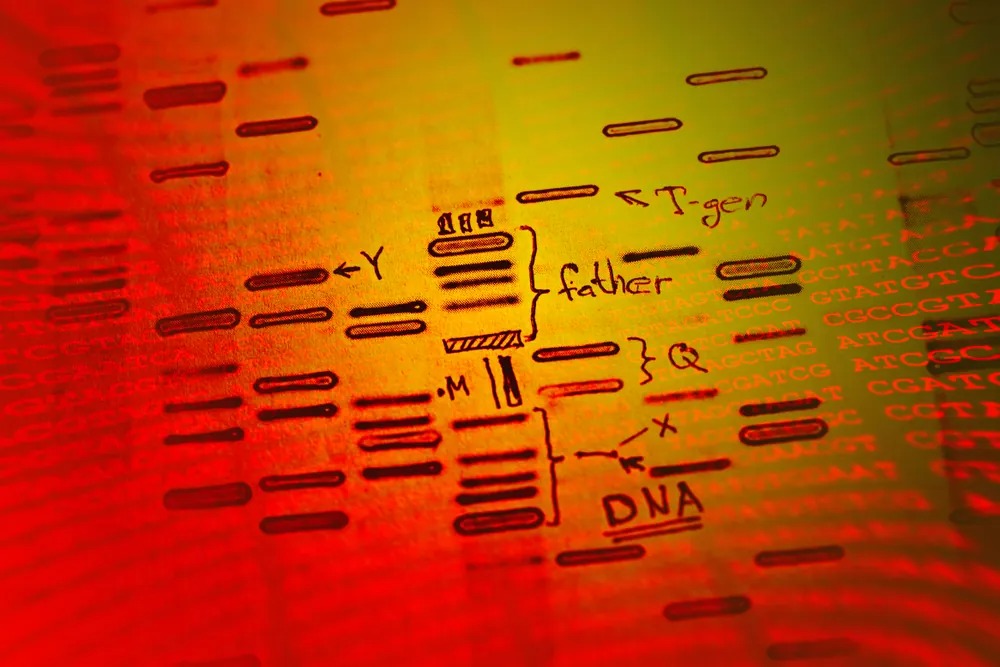
A groundbreaking study, recently published in the journal Nature, has delved into the realm of extreme inbreeding in the UK population, shedding light on a seldom-discussed aspect of genetic heritage. The research, spearheaded by experts from the University of Queensland, Australia, navigated the complexities of studying a sensitive subject by leveraging the wealth of genetic information stored in the UK Biobank.

Extreme inbreeding, as defined in the study, involves mating between first- or second-degree relatives. First-degree relatives encompass parents, siblings, or children, while second-degree relatives share 25 percent of a person’s genes, including uncles, aunts, nephews, nieces, grandparents, and double cousins. Unraveling this intricate genetic tapestry, the researchers identified long runs of homozygosity, sections of the genome where genetic material from each parent is identical by 10 percent or more.
The study, involving approximately 450,000 people of European ancestry born between 1938 and 1967, unearthed a startling revelation – roughly one in every 3,650 individuals could have been born of extreme incest, constituting 0.03 percent of the population. Of this subset, 54 individuals had parents likely to be first-degree relatives.

To validate and contextualize these findings, the researchers compared their results with reported incest offenses in the Crime Survey for England and Wales (CSEW) between April 2002 and March 2017. The prevalence of incest, extrapolated from reported offenses, indicated a substantially smaller proportion than the data derived from the Biobank. Intriguingly, when examining the mean years of birth among incest cases in the Biobank, no statistically significant change in the rate of incest over time was observed.
However, the study authors acknowledged certain limitations in their approach. Cases of incest are likely underreported, and not all instances lead to “viable” offspring. Moreover, offspring with cognitive impairments due to inbreeding may not be represented in the Biobank. The project, although not fully representative of the UK population, includes healthier and more educated participants than the average, suggesting the actual prevalence of extreme incest could be higher than reported.

Beyond the statistical intricacies, the study linked extreme inbreeding to various health implications, reinforcing past research. The findings indicated a higher likelihood of poorer cognitive and muscular function, fertility difficulties, shorter stature, and an elevated risk of diseases in individuals born of extreme incest. This study unravels a genetic narrative that extends beyond numerical proportions, emphasizing the profound impact of extreme inbreeding on various facets of health and well-being.

Leave a Reply